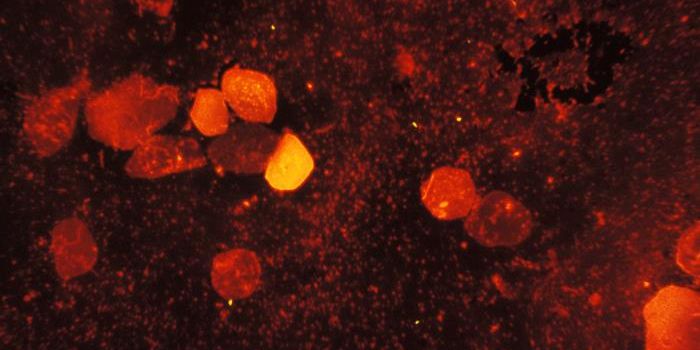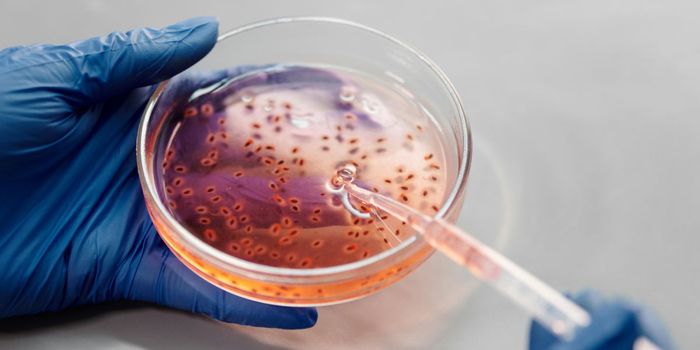Worldwide, bacteria that causes fast-spreading cholera kills anywhere from 21,000 to 143,000 people every year. Now researchers have developed a powerful vaccine that acts rapidly and may confer protection against the deadly illness in only one day. This work, by Howard Hughes Medical Institute (HHMI) Investigator Matthew Waldor and colleagues could limit the devastation caused by cholera outbreaks. The team has reported their vaccine, named HaitiV, in the journal Science Translational Medicine.
Testing in rabbits showed that HaitiV has a unique ability to have a near-immediate effect, protecting rabbits from the bacterial pathogen before an immune response even starts. That makes the vaccine a good candidate for putting a stop to fast-spreading cholera.
The bacterium that causes cholera, Vibrio cholera, can make a home in the small intestines, where they produce toxins that can cause illnesses like diarrhea and vomiting, which leads to severe dehydration.
There was a major outbreak of cholera in Haiti in 2010. Waldor’s team traced the bacterial strain that was responsible through genetics and found that the cholera-causing bacterium has changed since vaccines for it were created. (They also found that the strain had not originated from Latin America, but instead came from South Asia).
"The last vaccines were made a long time ago, and they don't incorporate a lot of our modern understanding of this pathogen," Waldor explained. The researchers set out to make a new vaccine with a lab-made bacterium that uses an inert version of V. cholerae. These bacteria seem to keep the pathogen in check.
The scientists created a sophisticated vaccine that rendered the bacterium safe and disabled its ability to swap genes with other microbes so it cannot become dangerous. "We have many different engineering steps to make this an incredibly safe, genetically stable, live vaccine," Waldor said.
After testing HaitiV in a rabbit model, the investigators found that their engineered bacteria can take up residence in the intestines, but it doesn’t have any negative effects on the host. Rabbits treated with HaitiV and subsequently infected with pathogenic V. cholerae did not fall ill.
While the vaccine has not yet been tested in people, Waldor is optimistic. "We think this is going to be a very good vaccine and could induce immunity after a single dose,” he said. A clinical trial is planned, while the researchers are continuing to perfect the vaccine. They want to make sure it has a long shelf-life and will be stable in climates where cholera is active.
In the video, Waldor talks a bit about what he learned from his research on cholera in Haiti.
Sources: AAAS/Eurekalert! via HHMI, Science Translational Medicine









